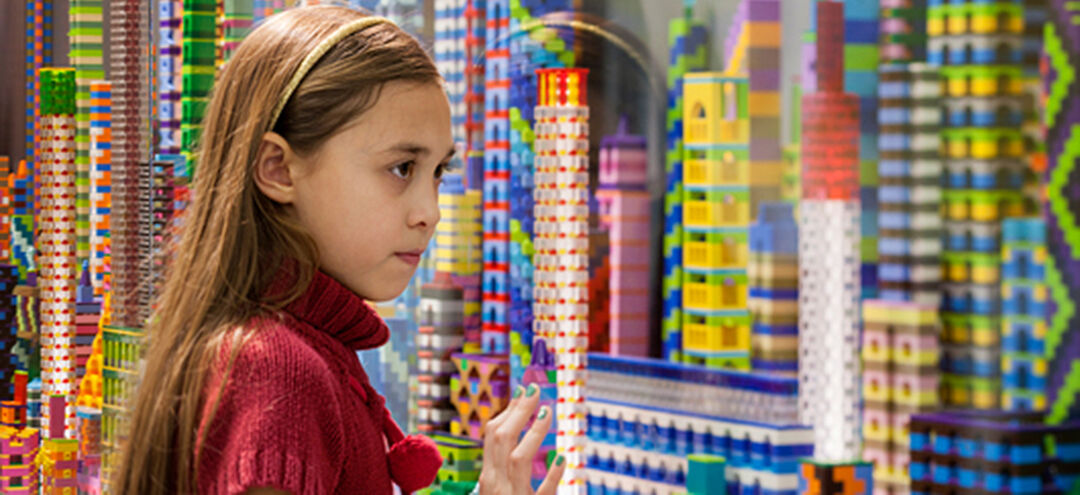POND Helps Kids Cope with Mental Health During COVID-19

"The loss of school sports and similar programming during the pandemic was detrimental to the mental health of children."
Dr. Evdokia Anagnostou, Co-Director of the Province of Ontario Neurodevelopmental (POND) Network
In response, Dr. Anagnostou and her team, which included Dr. Jennifer Crosbie, a member of the POND Network Executive Committee, realized that swift action was required to assist children in accessing mental health support and that there was a need to determine exactly how to intervene during a crisis. As such, POND – one of OBI’s six Integrated Research Programs – embarked on an Ontario-wide study to understand the impact of COVID-19 emergency measures on kids' mental health, with and without neurodevelopmental disorders. Recognizing that the pandemic presented opportunities for new collaborations, they partnered with three other networks – Spit for Science, Sickkids Psychiatry and Target Kids – under the leadership of Dr. Daphne Korczak, Child and Adolescent Psychiatrist at The Hospital for Sick Children (SickKids).
The resulting first paper, "Mostly worse, occasionally better: Impact of COVID-19 pandemic on the mental health of Canadian children and adolescents," evaluates the impact of the pandemic on the mental well-being of over 1,300 children and adolescents, some with preexisting mental health and neurodevelopmental difficulties, and other with no prior concerns. They looked at how the participants' mental health – depression, anxiety, irritability, attention, hyperactivity, and obsessions/compulsions – had changed during COVID-19.
Overall, the team found that "70 percent of kids reported worse mental health during the first wave of COVID-19." Although kids with preexisting conditions were more impacted, typically developing children also experienced high rates of deterioration. The team’s follow-up publications also examined a variety of risk factors for poor mental health in this population of children and youth. Armed with this evidence, Dr. Anagnostou and her colleagues set out to adapt care within the framework of lockdowns, where noted disruptions in routines, social isolation and worsening economic conditions had most negatively impacted mental health.
One of the study's key recommendations was the development of pandemic care pathways, which led to the creation of a new online mental health resource: #KidsVSCovid. Available in English and French, #KidsVSCovid is a selection of COVID-19-related resources for families with both neurodiverse and non-neurodiverse children. To date, the videos have amassed upwards of 3,000 YouTube views.
Additionally, the team developed other new partnerships to provide and evaluate virtual mental health care and to adapt two evidence-based programs for virtual delivery. The first program, I-InTERACT-North led by Dr. Tricia Williams, addresses the needs of young children with neurodevelopmental conditions, while the second, Facing Your Fears, tackles anxiety in children and youth with Autism Spectrum Disorder.
Like other public health and medical care systems, POND's pandemic pivot relied on technology. As such, socio-economic and geographical factors may have prevented the participation of certain populations that may have less access to such technologies including, for example, some children of new immigrant parents and others living in certain Indigenous communities. Furthermore, the POND co-director explains, virtual care is not a long-term solution in many cases as it does not build local capacity for culturally sensitive care.
"Reserving a virtual modality is crucial,” she reflects, “but there are those families who are waiting for in-person treatment."
Despite the challenges of the COVID-19 pandemic, according to Dr. Anagnostou, unexpected and unprecedented emergency measures created an opportunity to discover alternative models of how to provide care, both during a pandemic and outside of it. “The lessons learned [during the pandemic] will inform how to deliver effective treatment outside of in-person visits,” she reflects.
